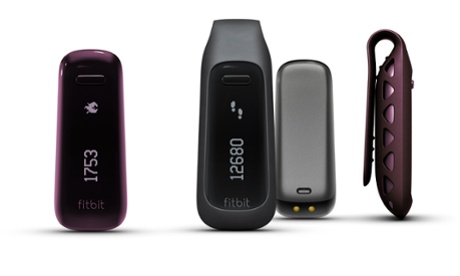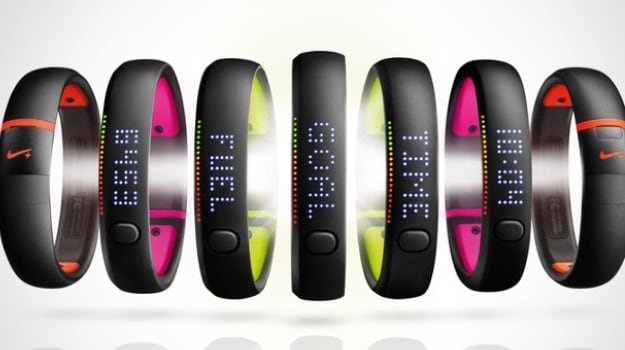Study finds fitness bands incorrectly estimate number of steps by up to 22.7% while phones only get it wrong by, at most, 6.7%
Fitness bands can significantly misreport the number of steps taken by a user, whereas smartphones are considerably more accurate, according to new research.
The study, led by Dr Mitesh Patel of the University of Pennsylvania in Philadelphia, tested the accuracy of steps recorded by smartphones and wearable devices. Fourteen volunteers walked on a treadmill at a pace of three miles an hour for 500 steps and again for 1,500 steps, repeating each distance twice.
Participants wore the Digi-Walker SW-200 pedometer; two accelerometers: the Fitbit One and Fitbit Zip; and three popular fitness wristbands - the Nike FuelBand, Jawbone UP24, and Fitbit Flex.
In one pocket, they had an iPhone 5s running the Fitbit, Health Mate, and Moves apps; and a Galaxy S4 smartphone running Moves in the other.
Less accurate
Researchers counted steps visually and then compared their figures with the numbers produced by the smartphone apps and wearable devices.
The pedometers and accelerometers were the most accurate devices, miscounting by just 1% or less.
According to the study, published in the Journal of the American Medical Association, the smartphones recorded a range of 6.7% fewer steps to 6.2% more, with iPhone apps slightly over-estimating and the Galaxy app doing the opposite.
However, the fitness wristbands were often far less accurate, under-counting the number of steps by 1.5% to as much as 22.7%, with the FuelBand having the greatest under-estimation.
Most gadgets use the number of steps taken to determine the number of calories consumed and make other calculations.

Despite the variations, Patel said the findings should reassure those who want to use smartphone apps or wearables to track their activities.
The study also suggests that smartphone owners may not need to buy a separate fitness band to get an accurate measure of their activity levels. For those without a smartphone, a simple, cheap pedometer might be just as effective.
10,000 steps a day
David Geier, an orthopedic surgeon and sports medicine specialist who was not involved in the study, said gaining a realistic understanding of movement levels was very helpful for motivation.
"Tracking on its own won't make you lose weight or get healthier, but it can certainly help you get closer to at least the recommended 10,000 steps a day, which very few people currently achieve," he said.
Smartphones and fitness bands also allowed users to compare results with friends on social media, said Heather Milton, senior exercise physiologist at New York University.
"Whether it is support for some or the competition for others, this is a huge element of improving activity and health," she said.
Using any device helps users to change their behaviour, Milton added: "It is for this reason that people opt to walk rather than ride an elevator or escalator, or get up and walk every few hours at work."
Nike's FuelBand was found to be the least accurate fitness band in the study.











